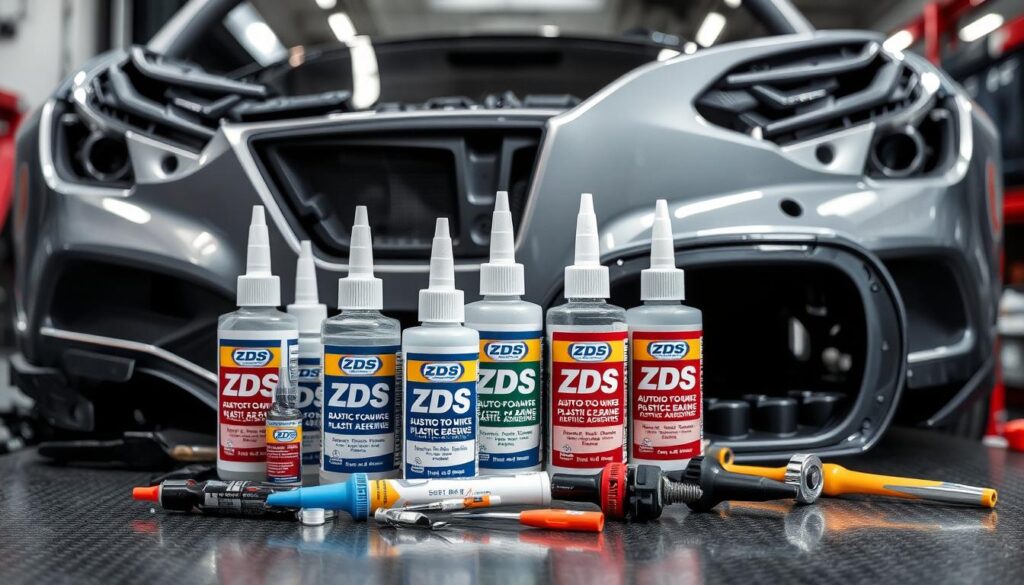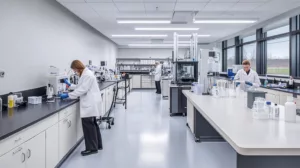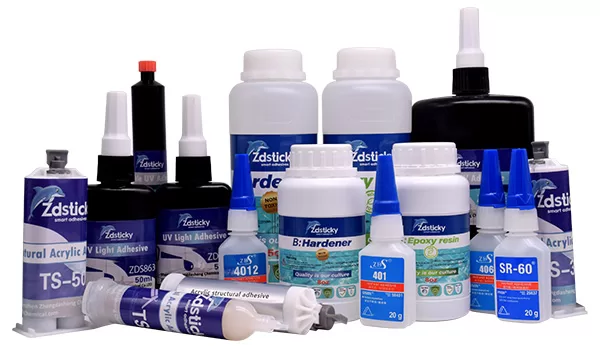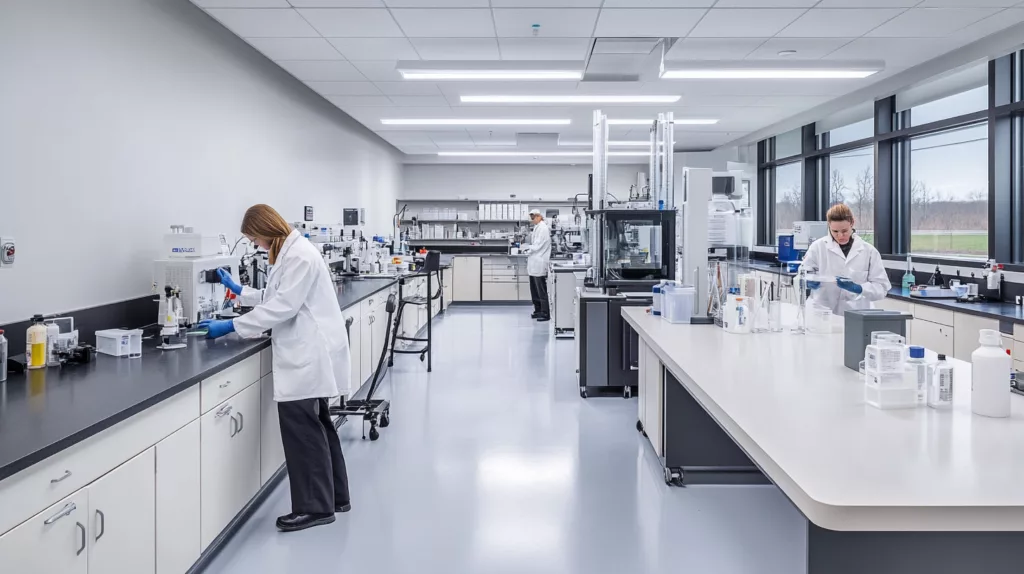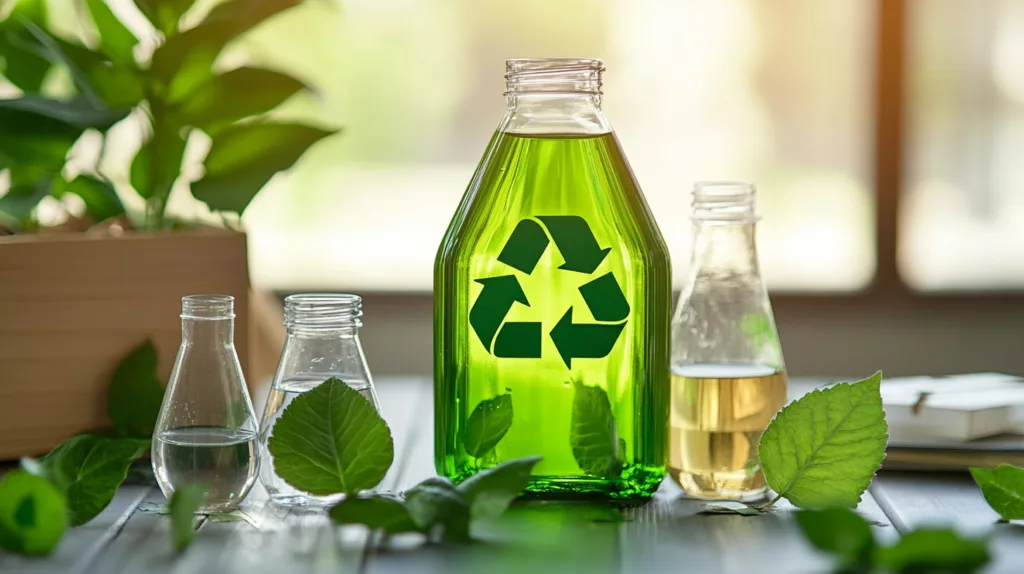When it comes to repairing or attaching plastic parts in cars, choosing the Best Adhesive to Stick Car Plastic Parts, strength, and a seamless bond. From securing bumpers to fixing interior trim, the best adhesive ensures that the plastic parts remain firmly in place under various conditions. This guide explores top adhesive options, factors to consider, and tips for achieving the best results.
Why the Right Adhesive Matters
Car plastic parts are exposed to a range of conditions, including temperature fluctuations, vibrations, and mechanical stress. Using the wrong adhesive can result in weak bonds that fail under these conditions, leading to costly repairs or replacements.
Types of Adhesives for Car Plastic Parts
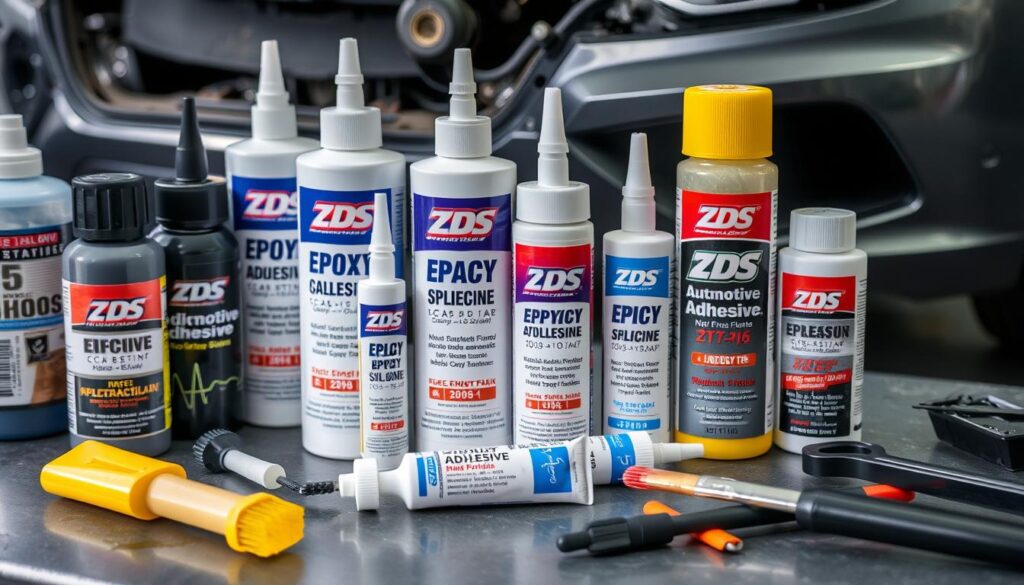
1. Epoxy Adhesives
Epoxy adhesives are two-part compounds that offer exceptional strength and durability.
- Best For: Structural repairs, such as broken bumpers or mounting brackets.
- Pros: High resistance to heat, chemicals, and water.
- Cons: Requires precise mixing and longer curing time.
2. Super Glue (Cyanoacrylate Adhesives)
Super glue provides a quick and strong bond for small repairs.
- Best For: Lightweight plastic parts, such as interior trims or minor cracks.
- Pros: Instant bonding, easy to use, and no mixing required.
- Cons: Limited flexibility and poor performance on large or load-bearing parts.
3. Plastic Weld Adhesives
Plastic weld adhesives chemically bond plastics by softening their surfaces.
- Best For: Automotive plastics like ABS, PVC, and polycarbonate.
- Pros: Creates a permanent bond and is ideal for most car plastics.
- Cons: Requires good ventilation due to strong fumes.
4. Polyurethane Adhesives
Polyurethane adhesives are flexible and resilient, making them ideal for exterior parts.
- Best For: Body panels, trim, and seals.
- Pros: Excellent resistance to weather, impact, and vibrations.
- Cons: Requires a longer curing time.
5. Silicone Adhesives
Silicone adhesives are best for sealing and bonding non-structural parts.
- Best For: Windshield seals, light covers, and decorative trims.
- Pros: Waterproof and UV-resistant.
- Cons: Lower bonding strength compared to epoxy or polyurethane.
Factors to Consider When Choosing an Adhesive
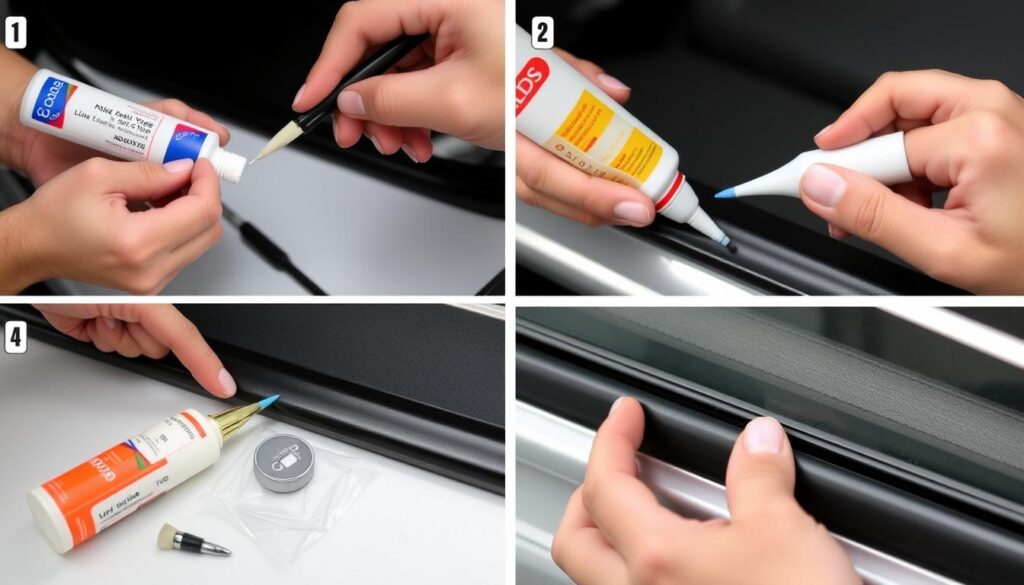
1. Type of Plastic
Check the type of plastic you are working with (e.g., ABS, PVC, or polypropylene) and choose an adhesive compatible with that material.
2. Strength Requirements
For load-bearing parts, use high-strength adhesives like epoxy or plastic weld. For lightweight components, super glue or silicone may suffice.
3. Environmental Conditions
Consider exposure to heat, UV rays, and moisture. Polyurethane and epoxy adhesives perform well in harsh environments.
4. Application Ease
For quick fixes, super glue is ideal. For permanent repairs, epoxy or plastic weld may require more preparation but deliver better results.
5. Curing Time
Fast-drying adhesives are great for immediate fixes, while long-curing adhesives offer better durability for structural applications.
Best Adhesive to Stick Car Plastic Parts
- JB Weld Plastic Bonder: A strong epoxy adhesive ideal for structural repairs.
- Loctite Plastics Bonding System: Specially formulated for automotive plastics, offering a durable bond.
- 3M Super Strength Adhesive: Known for flexibility and high strength, great for trim and exterior parts.
- Gorilla Super Glue Gel: A quick and reliable option for minor repairs.
- ZDS™ Automotive Plastic Adhesive: A premium adhesive specifically designed for automotive plastic parts, offering excellent bonding strength, durability, and resistance to environmental conditions.
Tips for Applying Adhesive to Car Plastic Parts
- Clean the Surface: Remove dirt, grease, and debris for better adhesion.
- Sand the Surface: Light sanding creates a rough texture, improving the adhesive grip.
- Follow Instructions: Adhere to the manufacturer’s guidelines for mixing, applying, and curing.
- Apply Evenly: Use a consistent amount of adhesive for a secure bond.
- Clamp if Necessary: For structural parts, use clamps to hold components in place during curing.
FAQs
What is the strongest adhesive for car plastic parts?
Epoxy adhesives like JB Weld Plastic Bonder offer the strongest bond for automotive plastics.
Can I use super glue for car plastic parts?
Yes, super glue works for minor repairs and lightweight parts but isn’t suitable for structural applications.
How do I prepare car plastic parts for adhesive application?
Clean the surfaces with alcohol, sand lightly for texture, and ensure they are dry before applying adhesive.
Is silicone adhesive suitable for car bumpers?
No, silicone adhesive lacks the strength needed for structural parts like bumpers. Use epoxy or plastic weld instead.
Can I repair polypropylene car parts with standard adhesives?
No, polypropylene requires specialized adhesives or surface treatments to bond effectively.
How long does it take for adhesive to cure?
Curing times vary by adhesive type, ranging from a few seconds (super glue) to several hours (epoxy and polyurethane).
Conclusion
Choosing the best adhesive for car plastic parts depends on the type of plastic, the strength required, and environmental conditions. Epoxy and plastic weld adhesives are ideal for structural and high-stress applications, while super glue and silicone work well for minor fixes and seals. By selecting the right adhesive and following proper application techniques, you can ensure reliable and long-lasting repairs for your car.


